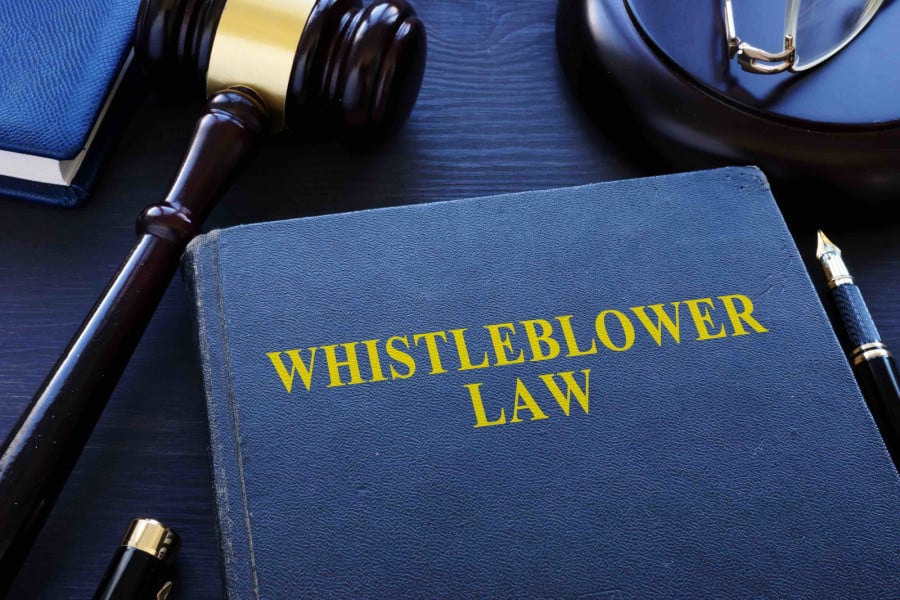How game theory can help us design more effective whistleblowing polices for sports (Part 2)

This two part article considers how sports bodies can design more effective whistleblowing polices.
Part 1 (available here) examined three interesting scenarios from the behavioural field of game theory to help give us a better understanding of how decisions are made in difficult circumstances, analogous to those a potential Whistleblower may face. It then identified ways in which the ‘rules of the game’ might be changed to better incentivise a certain behavioural outcome.
Part 2 (below) builds on the theory from Part 1. It first examines the current state of Whistleblowing laws in England & Wales to ascertain the current ‘lay of the land’ and the lessons we may learn from within the law. It then combines this with the game theoretical learning from Part 1 to examine why Whistleblowing policies are necessary and how they might be best drafted to optimise effective reporting.
To continue reading or watching login or register here
Already a member? Sign in
Get access to all of the expert analysis and commentary at LawInSport including articles, webinars, conference videos and podcast transcripts. Find out more here.
- Tags: Anti-Corruption | Anti-Doping | Employment | Enterprise and Regulatory Reform Act 2013 | Fraud | Game Theory | Integrity | Match-Fixing | Public Interest Disclosure Act 1998 (PIDA) | United Kingdom (UK) | Whistleblowing | World Anti-Doping Agency (WADA)
Related Articles
- Whistleblowing in Sport – Part 1: Maintaining Public Confidence In The Integrity Of Sport
- Whistleblowing in Sport – Part 2: Investigations and Disciplinary Proceedings
- Is whistleblowing in sport fit for purpose? Part 1 – The current picture
- Is whistleblowing in sport fit for purpose? Part 2 – Analysis and recommendations
Written by
Louis Weston
Barrister, Outer Temple Chambers
Louis is a Barrister practising from chambers at Outer Temple. He is expert in corruption and misfeasance in sport.
Sarah Crowther QC
Sarah Crowther QC has a broad practice with areas of focus in personal injury, private international law, clinical negligence and public law and discrimination cases.


 Global Summit 2024
Global Summit 2024